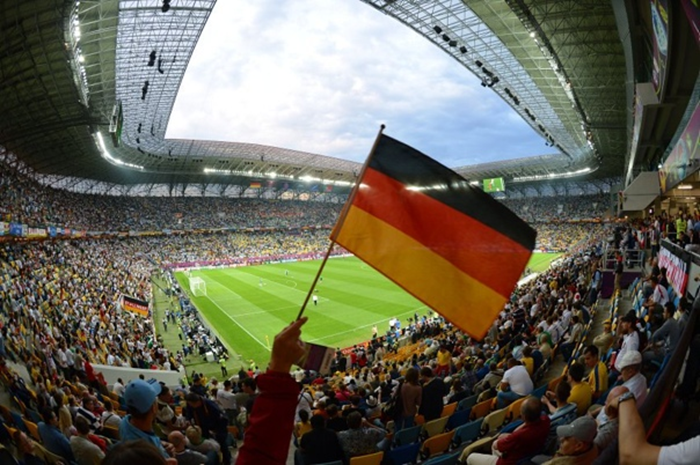Germany is one of the most important organizers of world sporting events and has a rich history in this field. The country successfully attracts the world’s attention by hosting many major events that impact various aspects of life, including the economy, tourism and education.
One of the most notable examples is the organization of the FIFA World Cup. Germany has already hosted this great competition twice: in 1974 and 2006. Both Olympic Games held in the country (in Munich in 1972 and in Berlin in 1936) also left a bright mark on the history of sport. These events attracted a huge number of participants and spectators, and also provided the country with an outstanding sports infrastructure and experience in organizing large-scale competitions.
Germany is also known for its role in organizing the Winter and Summer Olympic Games. In 1936, Berlin hosted the Summer Olympic Games, while Garmisch-Partenkirchen and Innsbruck in Austria hosted the 1936 Winter Olympic Games. Most of these events were held at a high professional level and left a lasting impression.
Germany is also a regular host of world competitions in other sports, such as athletics, biathlon, skiing, motor racing and others. These events attract athletes and fans from all over the world, creating favorable conditions for the development of sports tourism and local economies.
The organization of world sporting events also contributes to the development of infrastructure and the maintenance of sports facilities. Many stadiums, arenas and sports complexes are built or renovated before hosting world competitions, which helps to create jobs and improve the overall infrastructure.

